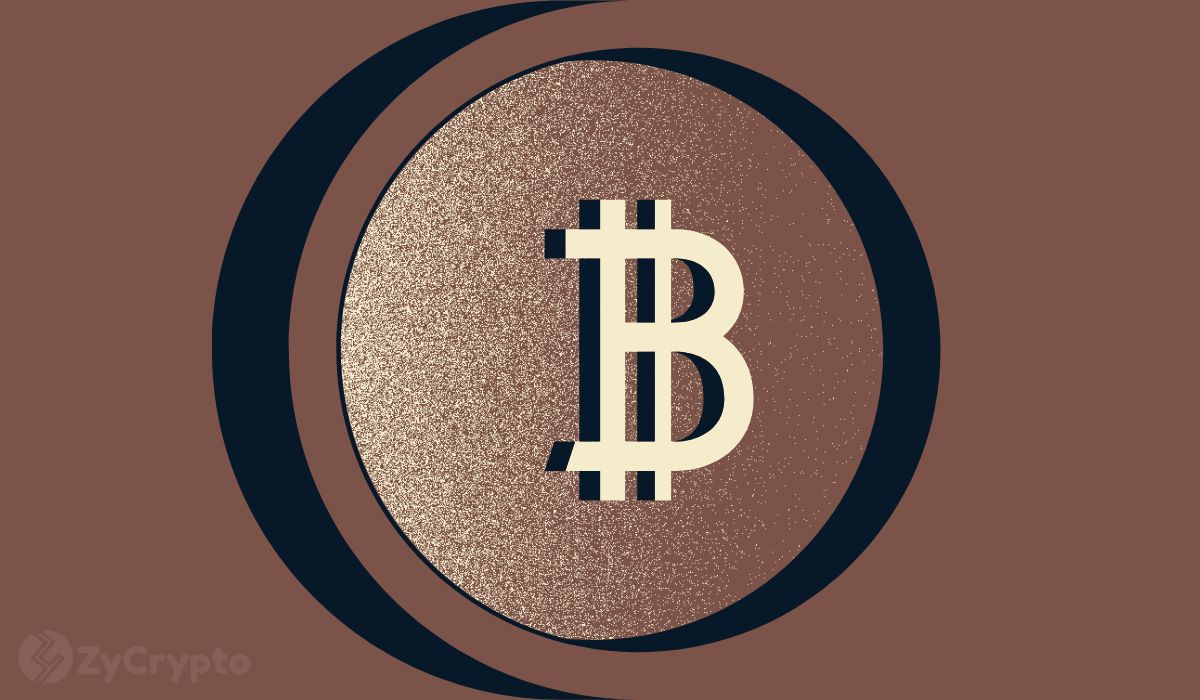In a landmark decision that could redefine the future of digital assets in one of the world’s largest economies, an Indian court has officially declared cryptocurrencies as ‘property’ rather than merely speculative assets. This ruling, delivered on October 27, 2025, marks a pivotal moment for crypto enthusiasts, investors, and businesses operating within India, providing much-needed legal clarity and potentially paving the way for broader institutional adoption and clearer regulatory frameworks.
The Landmark Judicial Pronouncement
The specific court involved, though details are still emerging, has issued a judgment that unequivocally recognizes cryptocurrencies as a form of property. This stands in stark contrast to previous ambiguous interpretations that often relegated digital assets to a grey area, sometimes viewed solely through the lens of gambling or highly volatile speculation. The pronouncement is expected to influence how various government bodies, including tax authorities, financial regulators, and law enforcement, perceive and interact with digital assets moving forward.
- Legal Recognition: Cryptocurrencies are now formally acknowledged as tangible or intangible assets possessing economic value.
- Distinction from Speculation: The ruling explicitly differentiates crypto from purely speculative instruments, implying a more mature understanding by the judiciary.
- Impact on Ownership: This provides a stronger legal basis for individuals and entities to claim ownership, inheritance, and transfer rights over their digital holdings.
Implications for India’s Crypto Landscape
The decision holds profound implications for India’s burgeoning crypto ecosystem. For years, the industry has grappled with regulatory uncertainty, which has hindered innovation and deterred significant institutional investment. By defining crypto as ‘property,’ the court has opened doors for:
- Enhanced Legal Protection: Owners of cryptocurrencies can now seek legal recourse more effectively in cases of theft, fraud, or disputes over ownership, similar to other forms of property.
- Clearer Taxation Frameworks: While specific tax laws will still be needed, this classification provides a foundation for more consistent and equitable taxation policies, treating crypto like capital gains on property.
- Institutional Participation: Banks, wealth managers, and other financial institutions may now feel more comfortable engaging with digital assets, potentially offering services like crypto-backed loans, custodial services, and even investment products.
- Development of Dapps and Web3: Greater legal certainty fosters an environment conducive to the development and adoption of blockchain-based applications and Web3 technologies within the country.
Potential Influence Beyond Borders
While this is an Indian court’s decision, its significance resonates globally. As major jurisdictions worldwide continue to grapple with how to classify and regulate cryptocurrencies, India’s move could serve as a powerful precedent. Many countries are navigating similar questions about digital asset legal status, and a clear ‘property’ classification offers a robust legal framework that could be emulated or considered by other nations looking to foster innovation while ensuring investor protection and market stability.
Conclusion
The Indian court’s declaration that cryptocurrencies are ‘property,’ not merely speculative assets, is a watershed moment for the digital asset space. It signifies a maturation in legal understanding and provides a solid foundation for growth, clarity, and mainstream acceptance within India. This ruling is poised to unlock new opportunities for investment, innovation, and legal protection, setting a positive tone for the future of crypto in the subcontinent and potentially influencing global regulatory discourse.
The post Indian Court Declares Crypto as ‘Property,’ Not Just Speculative Asset, Bolstering Legal Standing appeared first on FXcrypto News.























 24h Most Popular
24h Most Popular







 Utilities
Utilities